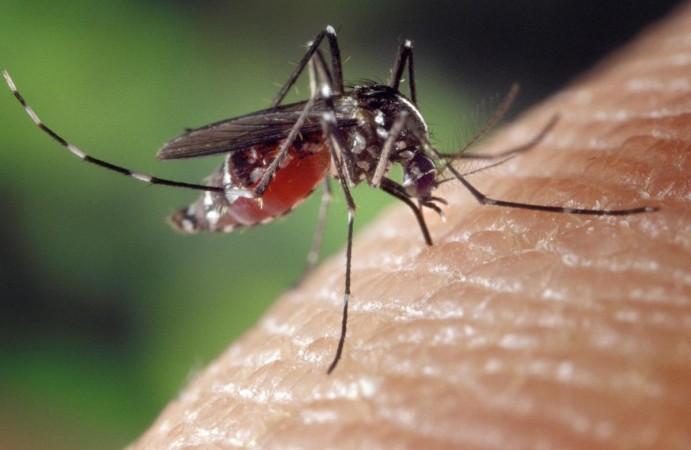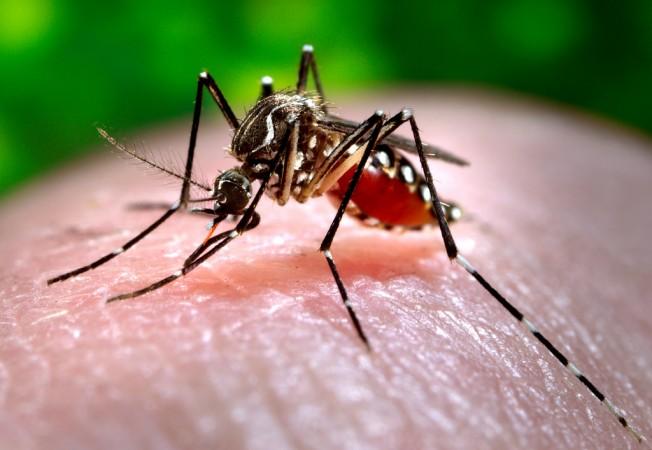Dengue fever is the world's fastest-spreading mosquito-borne disease. Every year, more than 50 million cases are reported worldwide. According to studies, the Wolbachia approach is also efficient in reducing the spread of Zika, chikungunya, yellow fever, and other vector-borne diseases. Dengue fever is endemic in Indonesia. According to recent estimates, about 8 million cases occur each year.
Dengue cases needing hospitalization were cut by 86% in Wolbachia-treated areas. The efficacy was the same for all four dengue serotypes.

The study, titled "Applying Wolbachia to Eliminate Dengue (AWED)," was carried out by Monash University's World Mosquito Program in collaboration with its Indonesian partners Gadjah Mada University and donors the Tahija Foundation. Its goal was to see if introducing Wolbachia (wMel) into the local Aedes aegypti mosquito population via the release of Wolbachia-infected mosquitoes will reduce the prevalence of virologically confirmed dengue among people aged 3 to 45 in Yogyakarta, Indonesia.
Wolbachia stays at a very high level in the local mosquito population more than three years after mosquito releases were completed. Since the trial, the Wolbachia approach has been deployed throughout the city of Yogyakarta, and releases into surrounding areas have begun, covering a population of 2.5 million people. The findings are consistent with past Wolbachia trials, which indicate a long-term reduction in dengue incidence after Wolbachia is maintained in the local mosquito population.
Mosquito hack to the rescue

More than 4500 hospitalized dengue patients were notified to the Yogyakarta District Health Office in the five years preceding the AWED experiment, but this underestimates the full burden of dengue on the healthcare system and society. Prior to Wolbachia, economic studies predicted that Yogyakarta had 14,000 dengue cases per year, with 2,000 hospitalizations.
"This is a great success for the people of Yogyakarta. Indonesia has more than seven million dengue cases every year. The trial success allows us to expand our work across the entire city of Yogyakarta and into neighbouring urban areas. We think there is a possible future where residents of Indonesian cities can live free of dengue." Said Co-Principal Investigator, Professor Cameron Simmons.









